Four proposals submitted to the Indian Ocean Tuna Commission to improve tuna fisheries management
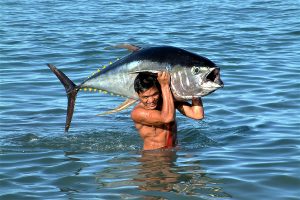
The European Union has made four proposals for next month’s Indian Ocean Tuna Commission (IOTC) session in an effort to improve tuna fisheries management in those waters.
The IOTC Scientific Committee reports that the stock and level of fishing in the Indian Ocean are not sustainable, so the EU will promote a three-year plan for the management of yellowfin tuna, bigeye tuna and skipjack tuna that would bring catches in line with scientific advice. Implementing multi-species management measures, the EU stated, would be a first for the IOTC.
Also, the EU calls for a scheme for boarding and inspecting high-seas fishing vessels to combat IUU fishing (illegal, unreported and unregulated fishing), which it deems as the most significant threat to sustainable fisheries management. Most IOTC measures, the EU stated, support this proposal. The multinational organization also wants the regional fishery management organization (RFMO) to improve its compliance process, which it says is a “weak point” for the group.
Lastly, the EU urged the IOTC to readdress issues and policies surrounding fish aggregating devices, or FADs: how the devices are marked, how users deal with plastic pollution and the overall number of FADs deployed, among others. The EU – along with Comoros, Oman, Kenya, Seychelles and the Philippines – objects to a special resolution (23/02) against IOTC members fishing on drifting FADs, which was adopted in February by a majority vote. Saying that many provisions of the resolution are unclear, the EU said “all efforts should be exhausted to reach consensus.”
The IOTC is responsible for managing fisheries for tuna and tuna-like species in the Indian Ocean and adjacent seas. It was established in 1993 and entered into force in 1996. The EU, a member since 1995, is joined by Australia, Bangladesh, China, Comoros, Eritrea and France on behalf of its overseas territories, India, Indonesia, Iran, Japan, Kenya, Korea, Madagascar, Malaysia, Maldives, Mauritius, Mozambique, Oman, Pakistan, Philippines, Seychelles, Somalia, Sri Lanka, South Africa, Sudan, Tanzania, Thailand, the United Kingdom and Yemen.
Follow the Advocate on Twitter @GSA_Advocate
Now that you've reached the end of the article ...
… please consider supporting GSA’s mission to advance responsible seafood practices through education, advocacy and third-party assurances. The Advocate aims to document the evolution of responsible seafood practices and share the expansive knowledge of our vast network of contributors.
By becoming a Global Seafood Alliance member, you’re ensuring that all of the pre-competitive work we do through member benefits, resources and events can continue. Individual membership costs just $50 a year.
Not a GSA member? Join us.
Author
-
Responsible Seafood Advocate
[103,114,111,46,100,111,111,102,97,101,115,108,97,98,111,108,103,64,114,111,116,105,100,101]
Tagged With
Related Posts
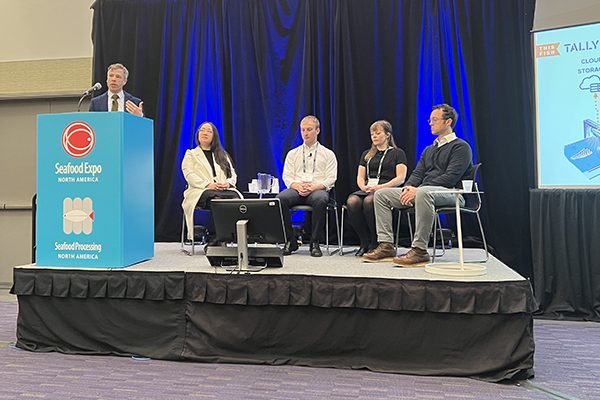
Intelligence
AI is becoming an ‘integral part’ of fisheries management and seafood processing
Artificial intelligence (AI) is playing a larger role in seafood, as data is at the heart of the so-called fourth industrial revolution.
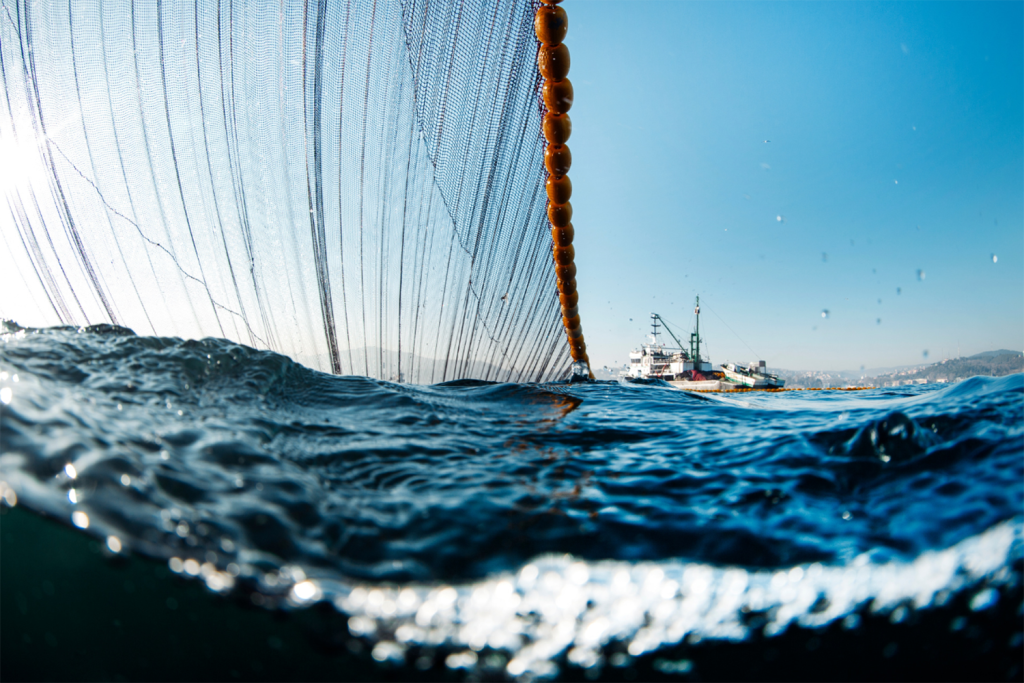
Fisheries
‘They need a good reason to stay’: How one coalition may break a decade of deadlock in the North Atlantic mackerel fishery
GOAL 2022: The North Atlantic Pelagic Advocacy Group, led by Dr. Tom Pickerell, is a finalist for GSA’s inaugural Global Fisheries Innovation Award.
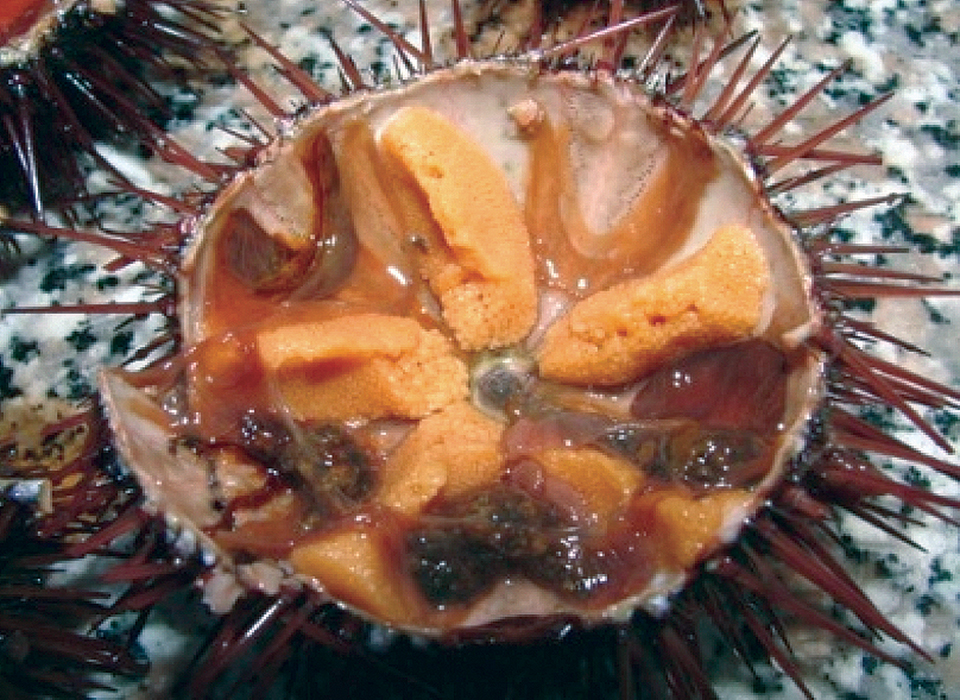
Health & Welfare
Aquaculture could enhance Mediterranean Sea urchin fishery
Although researchers in several countries are working to enhance sea urchin fisheries or commercial production, the development of a major commercial industry has been restrained by the lack of cost-effective production technology.
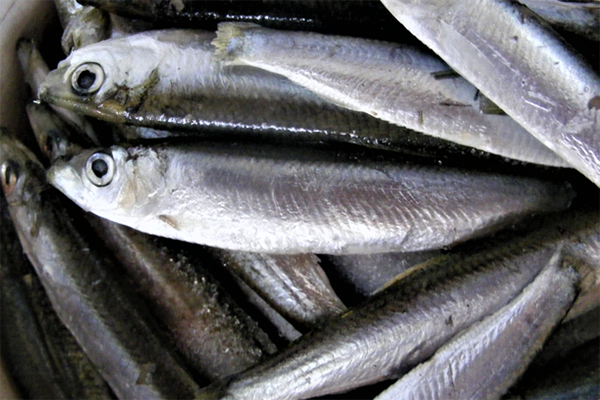
Responsibility
Coastal fisheries management and novel modeling
Coastal fisheries management that includes a spatially relevant set of abiotic and biotic factors is likely to improve sustainable fisheries programs.



